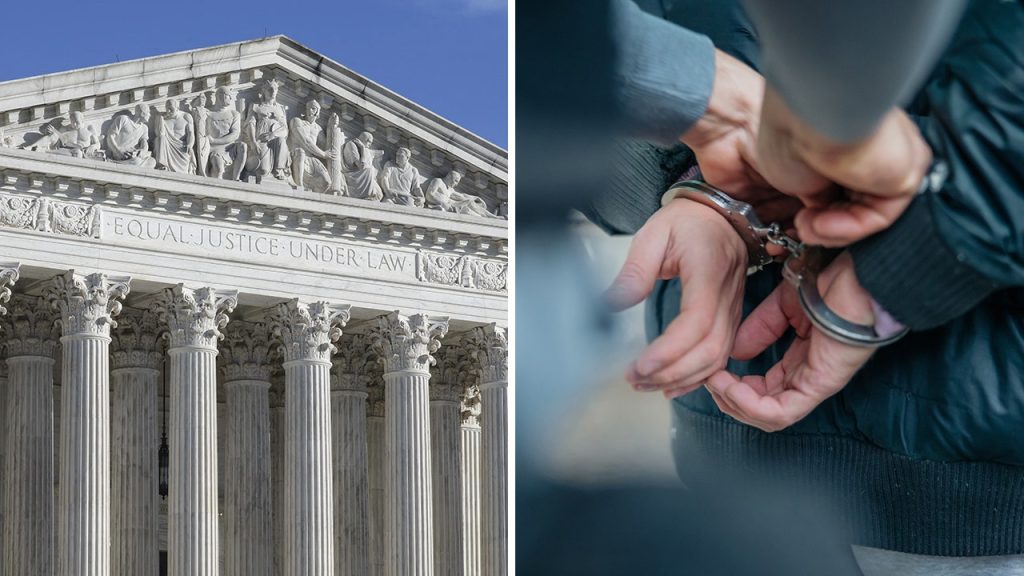On this day in history, June 13, 1966, the U.S. Supreme Court ruled in the landmark case Miranda v. Arizona that an arrested individual is entitled to rights against self-incrimination and to an attorney under the Fifth and Sixth Amendments of the United States Constitution. The case, originating in Phoenix, Arizona, involved a young man named Ernesto Arturo Miranda, arrested based on circumstantial evidence of kidnapping and rape. The Supreme Court decision resulted in the establishment of the famous “Miranda rights” requirement during arrests, ensuring that individuals are informed of their right to remain silent, to have an attorney present, and that anything they say can be used against them.
Ernesto Miranda was brought to police headquarters in Phoenix for questioning, where he was led to believe he had been positively identified in a police lineup. After two hours of interrogation, he signed a written confession. However, the Supreme Court ruled that Miranda’s constitutional rights were violated in obtaining the confession. It was determined that statements made without the Miranda warning are inadmissible in court, and individuals must understand and voluntarily waive their rights before being interrogated. Miranda’s conviction was overturned following the ruling, but he was retried and convicted in October 1966. He remained in prison until 1972 and was later stabbed to death in 1976.
The landmark case of Miranda v. Arizona brought attention to the importance of protecting an individual’s constitutional rights during custodial interrogations. The phrase “You have the right to remain silent” has since become known as the Miranda warning, which must be given to individuals in police custody before they are interrogated. The warning ensures that suspects are aware of their rights and have the option to consult with an attorney before making any statements that can be used against them in court. The Supreme Court ruling in this case set new guidelines to safeguard individuals’ privileges under the Fifth Amendment against self-incrimination.
Following the Miranda ruling, the Supreme Court has continued to make decisions that impact law enforcement practices and the rights of individuals in custody. Recent rulings have clarified the circumstances under which law enforcement officers are required to issue the Miranda warning to suspects. While suspects may choose to waive their rights to remain silent and consult with an attorney, any waivers must be given voluntarily, knowingly, and intelligently to be considered valid in court. The importance of protecting these rights has been emphasized through various legal challenges and court decisions over the years.
On a more recent note, on June 23, 2022, the Supreme Court ruled that law enforcement officers cannot be sued for damages under federal civil rights law for failing to issue the Miranda warning to suspects. This ruling reflects the ongoing debate and legal interpretation surrounding the Miranda rights and their application in law enforcement practices. The legacy of the Miranda v. Arizona case continues to influence how individuals are informed of their rights and protected during police interrogations, emphasizing the significance of upholding constitutional protections in criminal justice proceedings.


